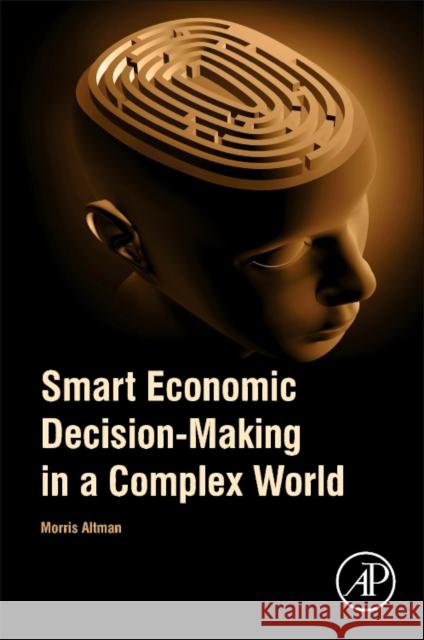Smart Economic Decision-Making in a Complex World » książka
topmenu
Smart Economic Decision-Making in a Complex World
ISBN-13: 9780128114612 / Angielski / Miękka / 2020 / 320 str.
Kategorie:
Kategorie BISAC:
Wydawca:
Academic Press
Język:
Angielski
ISBN-13:
9780128114612
Rok wydania:
2020
Ilość stron:
320
Waga:
5.45 kg
Wymiary:
22.86 x 15.24 x 1.6
Oprawa:
Miękka
Wolumenów:
01
Dodatkowe informacje:
Bibliografia











